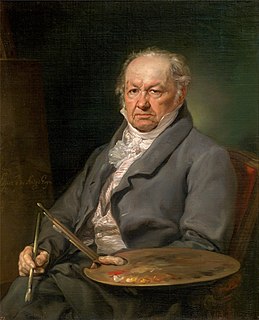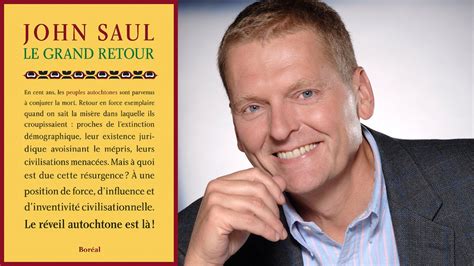A Quote by Fyodor Dostoevsky
There is no explaining anything by reasoning and so it is useless to reason.
Quote Topics
Related Quotes
I would call the attention of the reader to the difference between "reason" and "reasoning." Reason is a light, reasoning a process. Reason is a faculty, reasoning an exercise of that faculty. Reasoning proceeds from one truth to another by means of argumentation. This generally involves the whole mind in labor and complexity. But reason does not exist merely in order to engage in reasoning. The process is a means to an end. The true fulfillment of reason as a faculty is found when it can embrace the truth simply and without labor in the light of single intuition.
I had always been very rational, but I'd always used reason in such a way as to convince myself that reasoning alone would not solve anything, really. Reasoning is theoretical. Until you feel with your heart, you don't know if a thing is true. I found that book was absolutely authentic. I absolutely knew it was the truth. My whole heart accepted it.
The number of people that can reason well is much smaller than those that can reason badly. If reasoning were like hauling rocks, then several reasoners might be better than one. But reasoning isn't like hauling rocks, it's like, it's like racing, where a single, galloping Barbary steed easily outruns a hundred wagon-pulling horses.
You can teach people specific reasoning, such as how to fly a kite or build a wheel. General reasoning cannot be imparted upon people, particularly if they like things the way they are - meaning, if their reactions are very simple. The reason most people behave badly or poorly is because they only understand simple things.
It is difficult to distinguish deduction from what in other circumstances is called problem-solving. And concept learning, inference, and reasoning by analogy are all instances of inductive reasoning. (Detectives typically induce, rather than deduce.) None of these things can be done separately from each other, or from anything else. They are pseudo-categories.
Any man who stands for progress has to criticize, disbelieve and challenge every item of the old faith. Item by item he has to reason out every nook and corner of the prevailing faith. If after considerable reasoning one is led to believe in any theory or philosophy, his faith is welcomed. His reasoning can be mistaken, wrong, misled and sometimes fallacious. But he is liable to correction because reason is the guiding star of his life. But mere faith and blind faith is dangerous: it dulls the brain, and makes a man reactionary.
The deep paradox uncovered by AI research: the only way to deal efficiently with very complex problems is to move away from pure logic.... Most of the time, reaching the right decision requires little reasoning.... Expert systems are, thus, not about reasoning: they are about knowing.... Reasoning takes time, so we try to do it as seldom as possible. Instead we store the results of our reasoning for later reference.
There are also two kinds of truths, those of reasoning and those of fact. Truths of reasoning are necessary and their opposite is impossible, and those of fact are contingent and their opposite is possible. When a truth is necessary its reason can be found by analysis, resolving it into more simple ideas and truths until we reach those which are primitive.







































